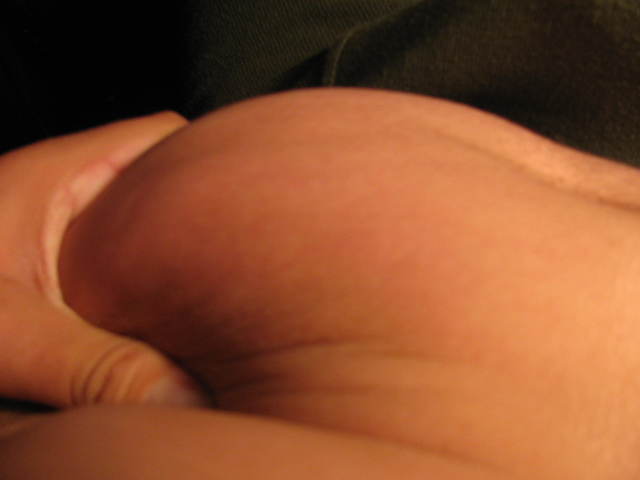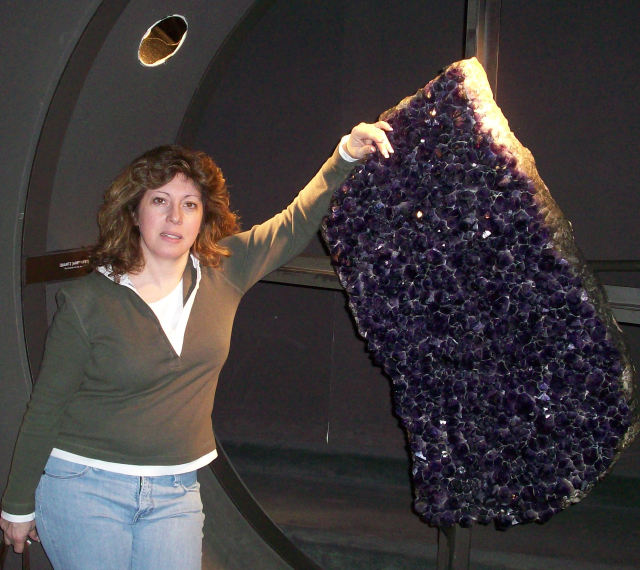Difference between oat and wheat
Question
QUESTION: What is the difference between oat and wheat? We in India are totally are totally unaware as to what is known as oat? Do you know the Hindi i.e. Indian name for Oat? Is it available in India? I've heard Porridges are made of Oat and I've heard its very good for health. Can I substitute wheat for oat in Porridges?
I'm myself 20, height is 5'7" but I've become very very very thin in the past 3-4 months or so. I currently must be weighing about 42kgs only whereas previously I was about 50-52kgs. The reason, very poor digestion, continous loose motions and constipation both occuring alternatively. Any suggestions? In my childhood, all I ate was junk food, effects of which I'm facing now. I've now shifted to completely home-made nutritious food.
ANSWER: Hello Yash,
Oats have been around for quite some time, dating back to around 2,000 B.C. Because oats contain little gluten, they were considered not good for much more than animal feed. However, because oats can grow in conditions where wheat and barley won't produce, they made a place for themselves though history during harsh years and were considered a grain for the poor. Today, about 95% of all oats grown are used as animal feed. This may be one reason why you do not see oats where you live. Here in the grocery stores of North America, oats are most often found as either regular or quick rolled oats. Since oats are not readily available, you could make wheat porridge if you so desired.
Wheat has been a valuable crop for many thousands of years. It is believed that wheat was first domesticated from wild grasses in 9,000 B.C. Wheat is the cheapest food available in North America. We use a lot of it, along with oats and other whole grains (but we are also the fattest nation in the world, so I don抰 know if our priorities are very well focused).
Wheat is grown over much of North America but different types of wheat produce better in different parts of the country. My guess is that your climate lends itself well to wheat crops and thus you see more of it in the products there.
Wheat has high gluten content. Higher than any other grain. Gluten comes from two amino acids, Gliadin and Glutenin. Gliadin and glutenin are also found in rye, oats and barley but at lower levels.
I bring up gluten to address the second part of your question. You are having difficulty with your digestion and maintaining weight. This is a bit of a long shot, as I have not been able to ask you a full list of symptoms to get an accurate diagnosis, but I will let you look it up on the internet if you like. There is a disease that is wheat related, called Celiac disease. It is a condition when an individual抯 body reacts to the gluten in grains.
Look it up on the Internet for a complete list of its characteristics and symptoms. Please let me know if you want more information about it.
Cleiac disease or not, you have to first address the issue of your digestion before you can begin to gain weight. If your body is not digesting the food properly, you will not be able to gain weight effectively. Your stool irregularity is an indication of trouble in your bowels. Once you get consistent, firm stools, then you can begin to gain weight. I would start by seeing a doctor that specializes in digestion. He/she will perform tests that will give you a better idea of what the issue is.
Please stay in touch and let me know what you find out. Once you are properly digesting your food we will discuss how to most effectively gain weight. This will be a process of increasing your caloric intake. You will get to eat more! But for now focus on getting a diagnosis of your digestion.
Best of health,
Dr. Bret
Doctoremery.com
---------- FOLLOW-UP ----------
QUESTION: Hello Brett,
Just to let you know that although my weight hasn't increased(it has stopped decreasing and is constant now), my digestion is improving significantly.
As a off topic question:
Which milk is healthier, cow's or buffalo's? I find cow's milk much more easier to digest(I've a history of digestion problems) and tastier. Also, is it ok if people mix cow's and buffalo's milk and drink? I do not want to purposefully mix but because most of us in the family(except me) prefer buffalo's milk, it sometimes gets mixed with the vessels etc. Furthermore, even though I drink cow's milk, I get ghee, makhan(home-made butter) etc. of buffalo milk.
Is it advisable to have curd and butter milk at night? I've heard its best to drink/eat curd/butter milk in the day time and avoid it in the night time. Is this true? If yes, why? I've heard that the micro-organisms present in curd's fermentation disturb sleep process at night, is this true? Also, I've heard eating curd at night can promote cold and cough, is this true?
What I these days do is mix honey with the milk with which curd is prepared? I really love the taste and also think it is healthy, any ideas? Is this a good dietary practice?
Thanks a lot again! I wait for your reply.
ANSWER: Hello Again Yash,
I am glad to hear that your digestive system is doing much better. That is great news and the most important step toward health that you could make!
Milk (and dairy products) cause allergies in a lot of people. There are proponents who say that milk is great for building strong bones and teeth. There are others who say it is addictive, and bad for bones. See the website www.notmilk.com for more information.
As for the difference between buffalo and cow, it is an individual preference. Nutritionally they are similar. The differences are somewhat minimal form an overall nutritional intake standpoint.
So, for you personally I would start watching to see how each one does with your digestive system. You may find that removing both is best, or you may find that just one of them is a problem and the other is just fine.
Dairy at night can cause problems in some people. For me, dairy causes me to get sinus clogging. Other people have no problem with it. many people here in America have lactose intolerance, and can't have any dairy without having diarrhea.
The honey in the milk is just fine, as long as it is used in moderation. it sounds excellent!
I predict that with your improvement in digestive functioning that you will soon begin to gain weight. Your body is getting healthier every day.
Great work!
Dr. Bret
---------- FOLLOW-UP ----------
QUESTION: Thanks again Bret! :)
One thing I wanted to clarify! I drink warm cow's milk at night just before bed and I feel it does wonders to my sleep. It isn't a problem! What I'm asking is, is eating curd/buttermilk after sunset bad for our health?
We here in India believe that milk is something really very very good for our health and its a cardinal sin to remove from our diet. I'm not sure why you people in the US and other countries believe its best to remove milk and milk products from our diet. Maybe because a bulk of you people drink processed milk? We here in India do get non-processed milk as well. So maybe this is the case? I somewhere read that cow's milk does not lead to sinus/cough problems but buffalo's milk does. I think this is true from my practical experience as well.
Thanks again Dr. Bret! You're great! :)
Hi Yash,
Yes, you are right that most milk here in the US is Pasteurized, or processed. There is a movement here toward "raw" milk that is not processed. Probably much like what you have in India, and much healthier too! Our milk processing in the US is not well monitored and can lead to bacteria in the milk, which is why we have to pasteurize it - to kill the bacteria.
Warm milk does have a calming effect, and can aid in sleep. As for eating curd/buttermilk after sunset being bad for your health - I know of no health reasons that the microorganisms would disturb your sleep. I suspect it may be an individual experience. It sounds like the milk may actually improve your sleep.
My professional experience is that nutrition and health are very individual experiences and what works for one may not work for another. Finding what works for you is the goal. Take what you read and try it in your life. If it seems to work then continue, if not then change. You have done such a great job in changing your nutrition from your childhood of junk food to now eating quite healthy! The process you have adopted is working.
Keep it up,
Dr. Bret
Related Articles
-
nutrition and exercise
QuestionQUESTION: Hi, I workout for 60-120 minutes around 9am. M
-
gaining weight
Questionok so i know a lot of people ask how to LOSE weight, but
-
God fat-bad fat, good cholesterol-bad cholesterol
QuestionHi a friend of mine told me that if I eat low/good choles
-
muscular arms
QuestionHello MR.Shields &nb
-
Tea, tannin and iron absorption
Questioni have recently given up red meat and am taking blackstra
-
nutritionally -induced dieases
QuestionHi im doing a research paper on nutritionally induced die




